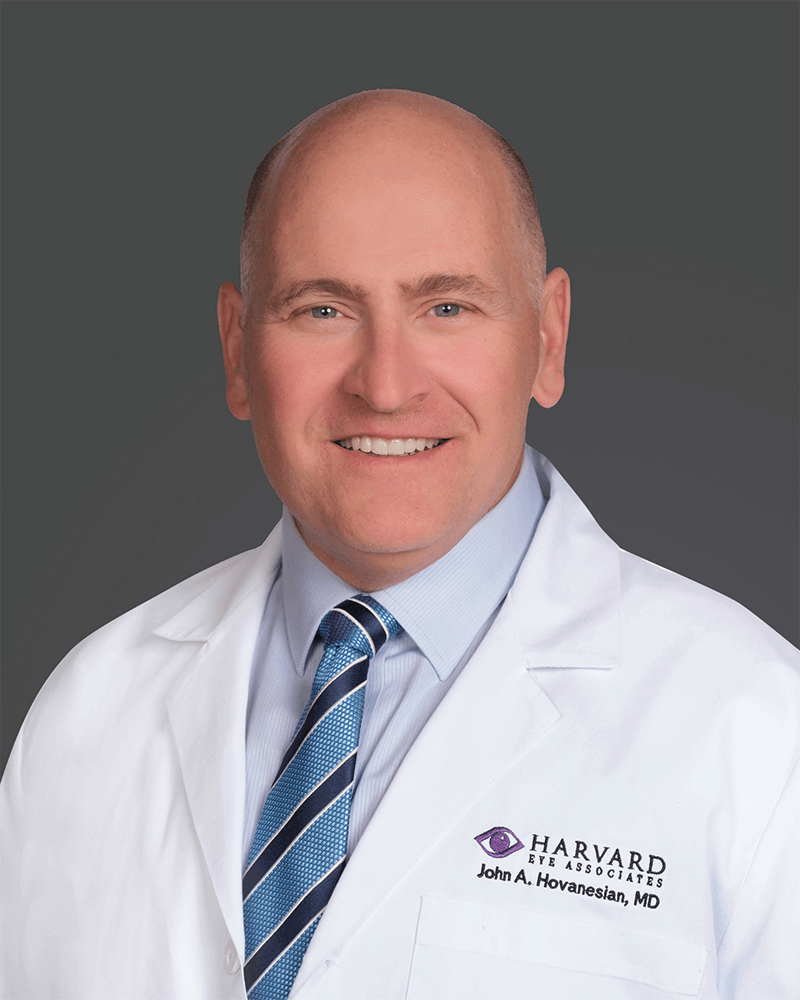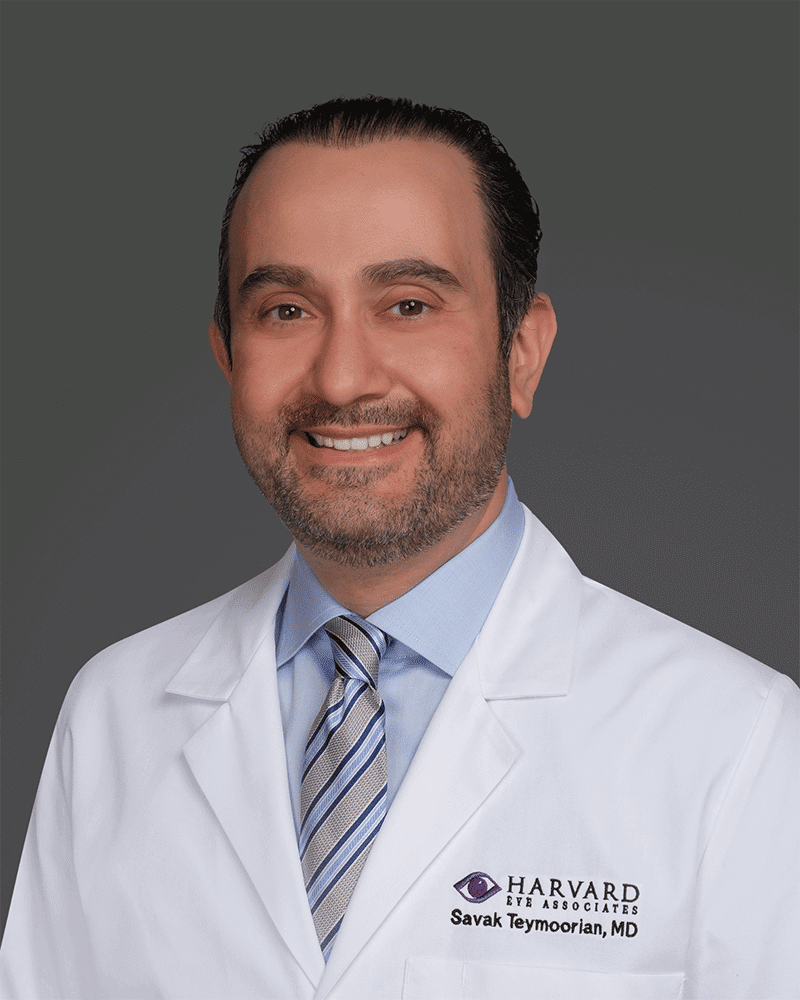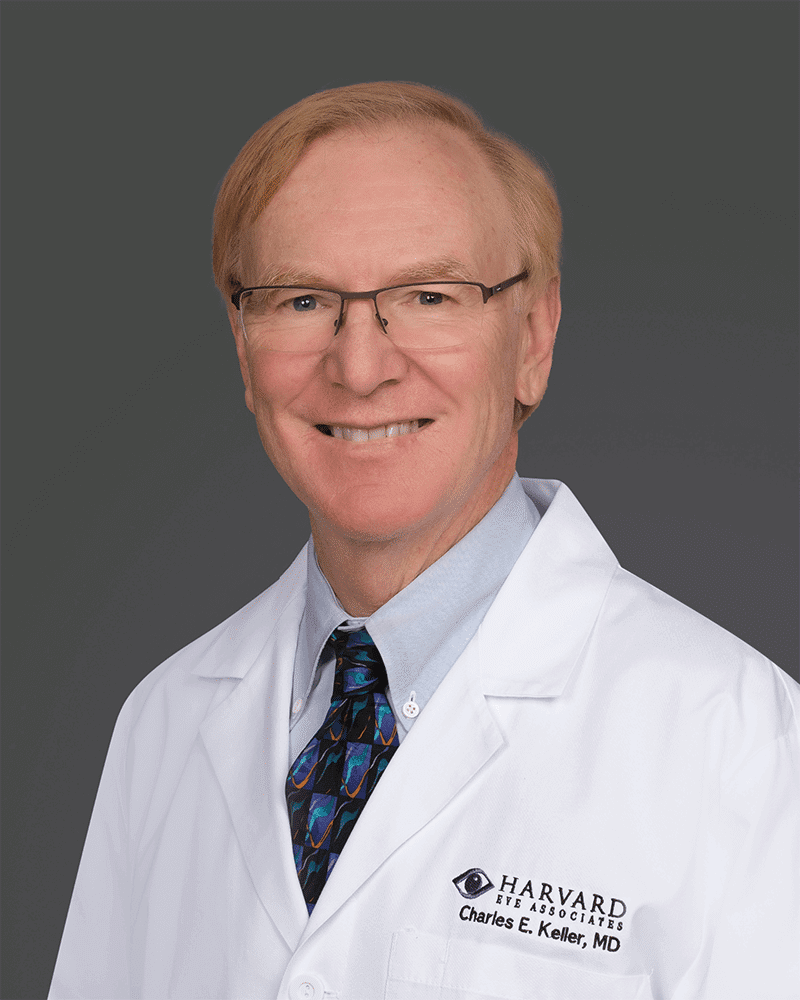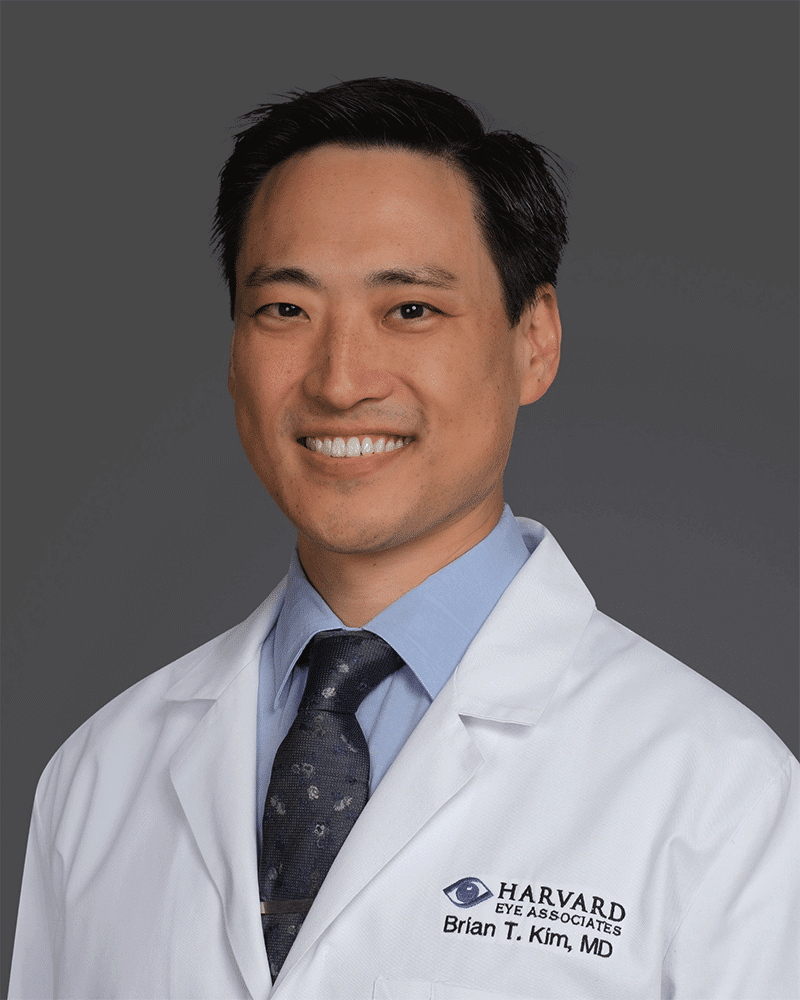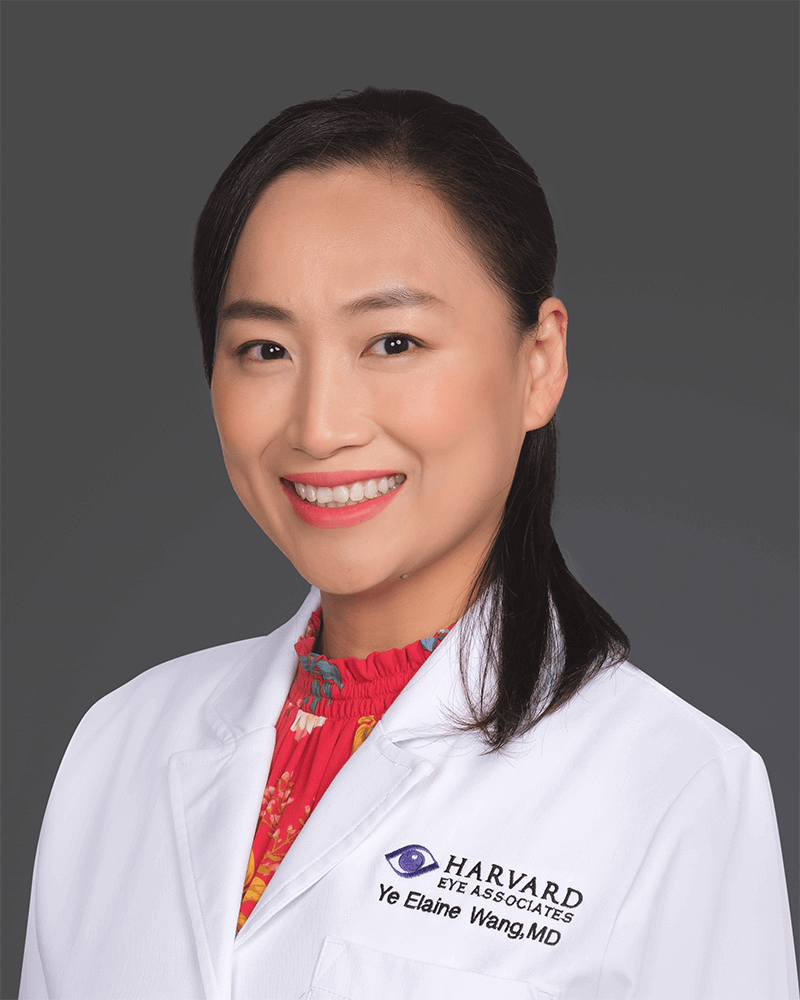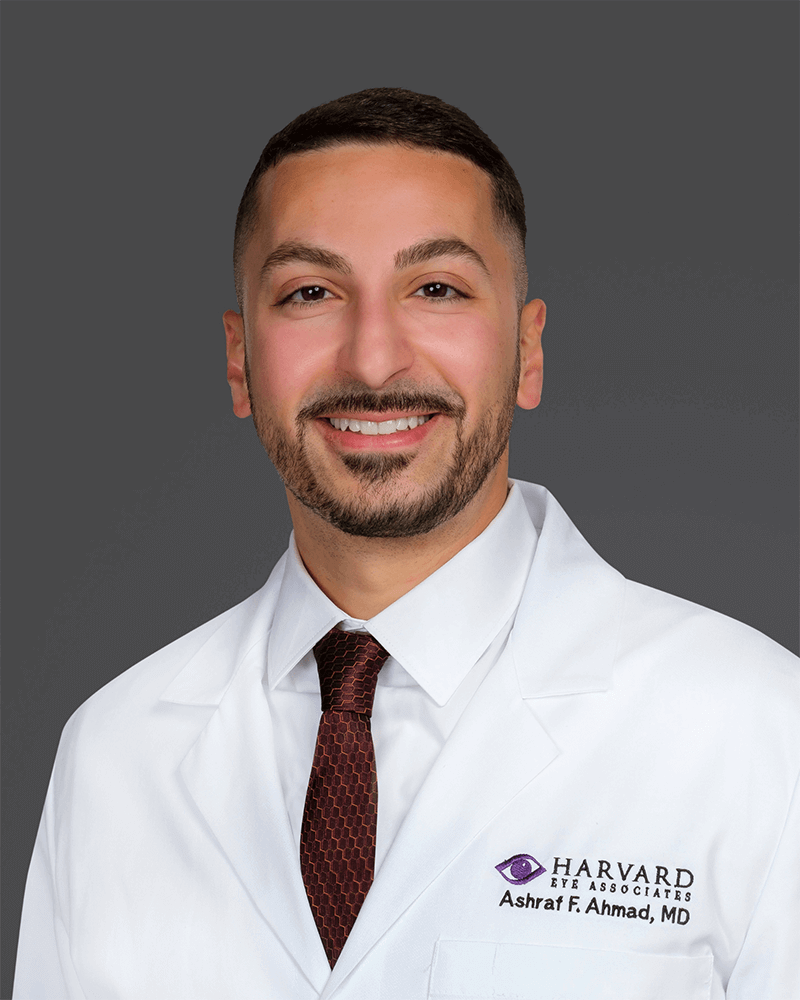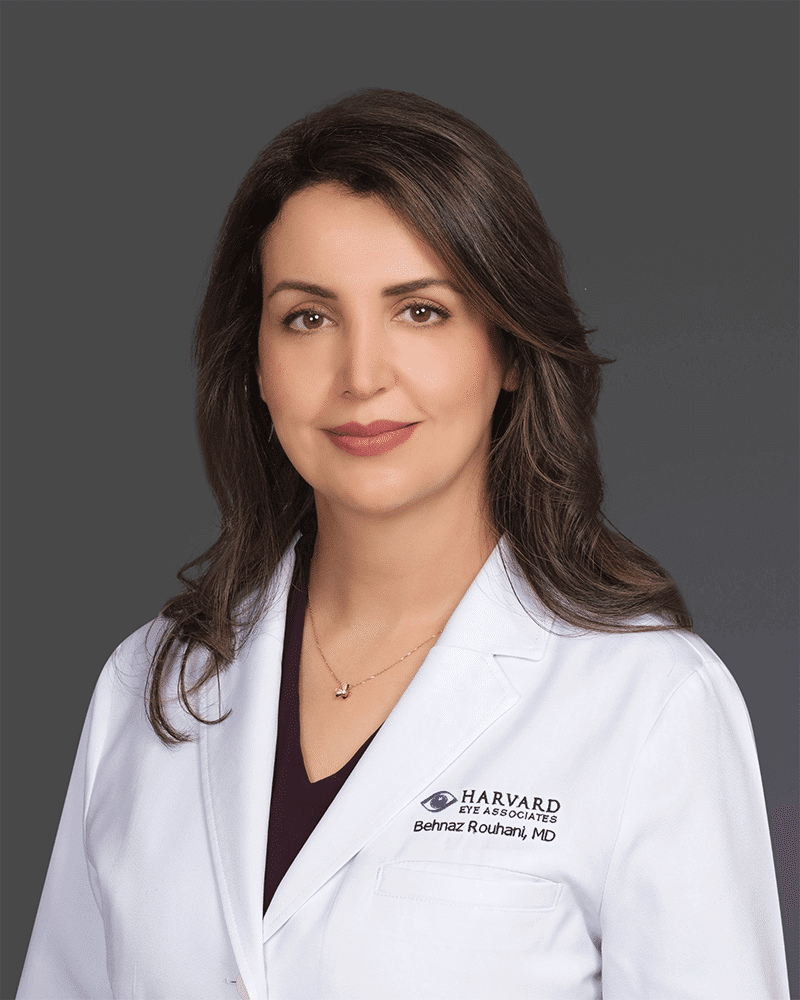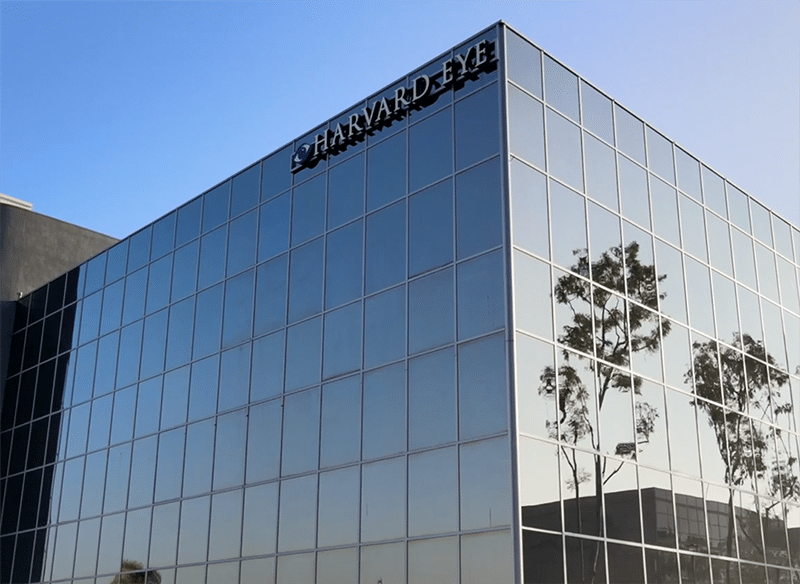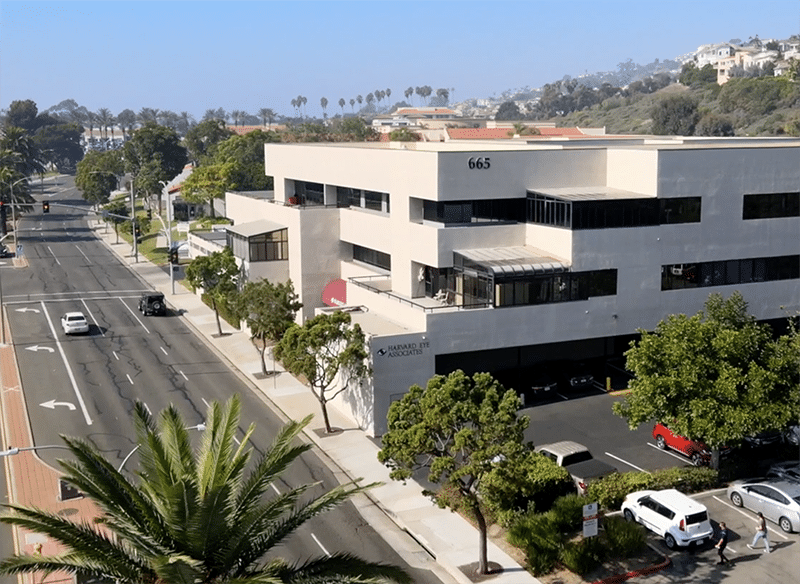Cataracts
Understanding Cataracts in Orange County, CA
At Harvard Eye Associates, we’ve helped thousands of patients in Orange County regain crystal-clear vision through advanced cataract treatment, combining decades of expertise with the latest surgical innovations.
What are Cataracts?
A cataract occurs when the natural lens inside your eye gradually becomes cloudy due to the buildup of protein. Think of it like looking through a foggy window.
As the cloudiness increases, your vision becomes increasingly blurred and distorted. While this condition can affect people of any age, it most commonly develops after the age of 60 as part of the natural aging process.
Unlike simple vision problems that can be corrected with glasses or contact lenses, cataracts require surgical intervention once they begin to significantly impact your daily life. The encouraging news is that cataract surgery is one of the most successful and commonly performed procedures in medicine.
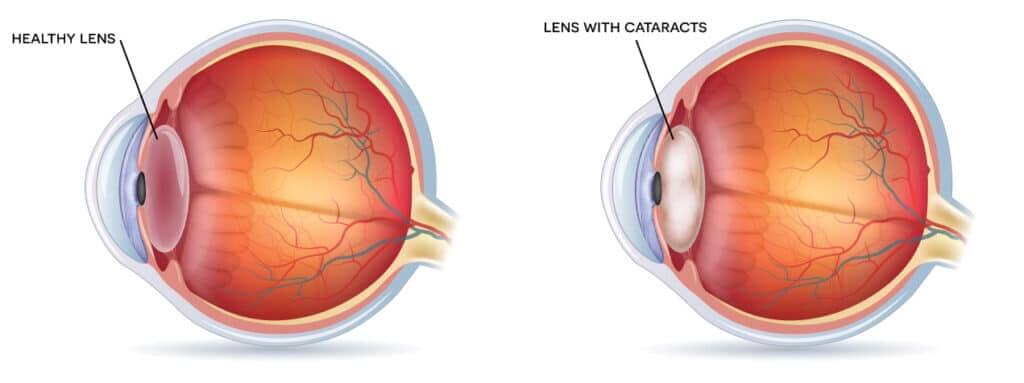
Common Cataract Symptoms
Cataracts develop gradually, meaning early symptoms can be subtle and easily overlooked. Many patients initially attribute their vision changes to simply needing stronger glasses.
However, recognizing these warning signs early allows for better monitoring and optimal treatment timing. Common cataract symptoms include:
- Blurry vision
- Light sensitivity
- Halos and glares
- Night vision problems
- Double vision in one eye
- Colors looking faded or yellowed
- Needing frequent prescription changes
If you’re experiencing any combination of these symptoms, especially if they’re interfering with activities like driving, reading, or enjoying hobbies, it’s time to schedule a comprehensive eye examination at Harvard Eye Associates. Our experienced cataract surgeons will evaluate your specific situation, taking into account factors such as cataract severity, overall eye health, lifestyle needs, and personal preferences to help you make an informed decision about the timing of your surgery.






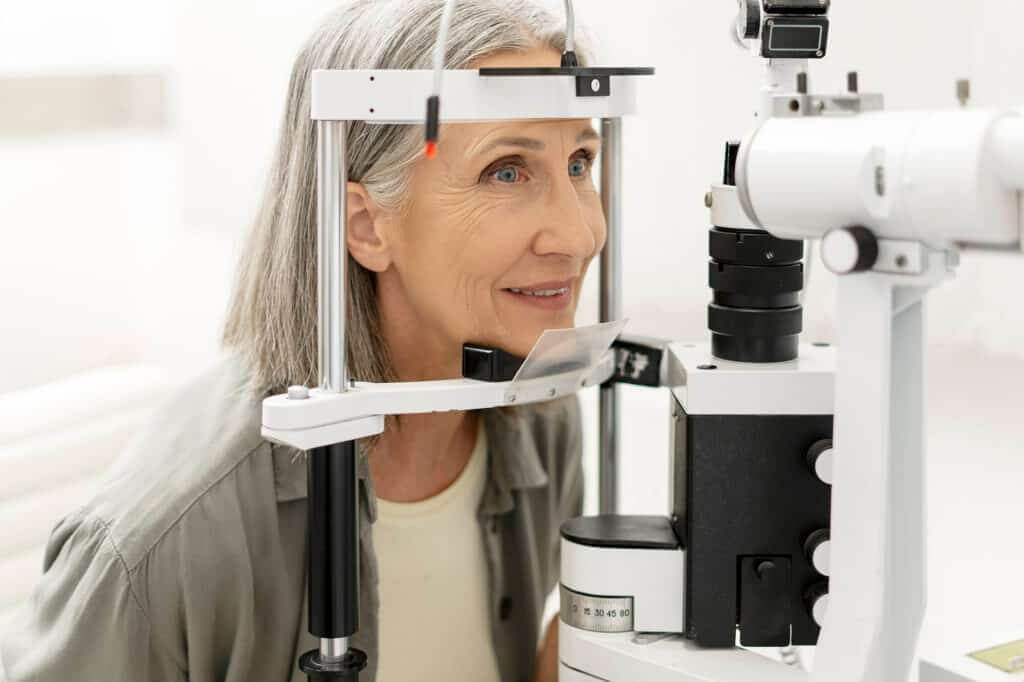
Advanced Cataract Surgery Technology at Harvard Eye Associates
Harvard Eye Associates offers state-of-the-art laser cataract surgery, combining precision technology with our surgeons’ extensive experience. With nearly 50,000 lens implants performed and over 100 years of combined surgical experience, our team delivers exceptional outcomes for patients.
We use advanced 3D imaging technology to create a detailed map of your eye, ensuring optimal surgical precision and lens placement. Our laser-assisted approach creates incredibly precise incisions, reducing trauma to surrounding tissues and promoting faster healing.
Each surgery is tailored to your specific eye anatomy and vision goals, maximizing your potential for excellent outcomes.
What to Expect During Cataract Surgery
To begin the procedure, your cataract surgeon will numb your eyes with anesthetic drops and may offer you a sedative if you’re feeling nervous. The actual surgery takes just 10-20 minutes per eye.
Your cataract surgeon creates a small opening in the cornea, removes the cloudy natural lens, and carefully inserts your chosen intraocular lens (IOL) to replace the natural lens. After a brief rest period, you’ll be ready to go home, driven by a friend or family member.
What is Cataract Surgery Recovery Like?
Recovery from cataract surgery is typically straightforward and comfortable. Most patients experience minimal discomfort and notice an improvement in their vision within the first few days.
For the first four hours after surgery, you’ll wear a protective eye patch while the local anesthesia wears off. During this time, we recommend quiet activities such as watching television, reading, or taking a leisurely walk around your home.
Once the eye patch is removed, you’ll begin using prescribed antibiotic and anti-inflammatory eye drops to prevent infection and reduce inflammation. We recommend avoiding heavy lifting over 20 pounds and eye makeup for the first week.
Most patients can return to normal daily activities within a few days, though complete healing typically takes four to six weeks. You’ll have several follow-up appointments to monitor your progress and ensure optimal healing, as well as receive personalized instructions on when you can return to activities like work, driving, and exercise.
What Will My Vision Be Like After Cataract Surgery?
The vast majority of cataract surgery patients experience dramatically improved vision, with colors appearing more vibrant and details becoming sharper. Many find they’re less dependent on glasses, especially if they choose World’s Most Advanced IOLs designed for multiple vision distances.
Harvard Eye Associates offers the most advanced intraocular lens options available, enabling us to address not only cataracts but also other vision issues, such as astigmatism and presbyopia. Our surgeons were among the first in the world to use innovative lens technologies and continue to offer the latest advancements:
During your consultation, your cataract surgeon will discuss which lens option best suits your lifestyle, visual goals, and eye health.
Can Cataracts Come Back?
It’s important to understand that after cataract surgery, true cataracts cannot return because the natural lens has been completely removed. However, some individuals may develop what is called a secondary cataract, also known as posterior capsular opacification.
This occurs when the thin membrane that holds your IOL in place becomes cloudy months or years after surgery. The good news is that treating a secondary cataract is simple and effective.
Using a specialized laser, we can quickly clear the cloudy membrane in a brief outpatient procedure with minimal restrictions and downtime for most patients. Once treated, secondary cataracts will not recur, ensuring your vision remains clear for years to come.
Want to Learn More About Cataracts?
For more information, check out our Youtube page!

Schedule Your Cataract Consultation
Don’t let cataracts continue to impact your quality of life. The team at Harvard Eye Associates is ready to help you regain clear, vibrant vision through advanced cataract surgery. During your comprehensive consultation, we’ll evaluate your eye health, discuss your vision goals, and help you understand all available treatment options.
Contact Harvard Eye Associates today to schedule your cataract consultation at our Laguna Hills, Orange, or San Clemente locations.

